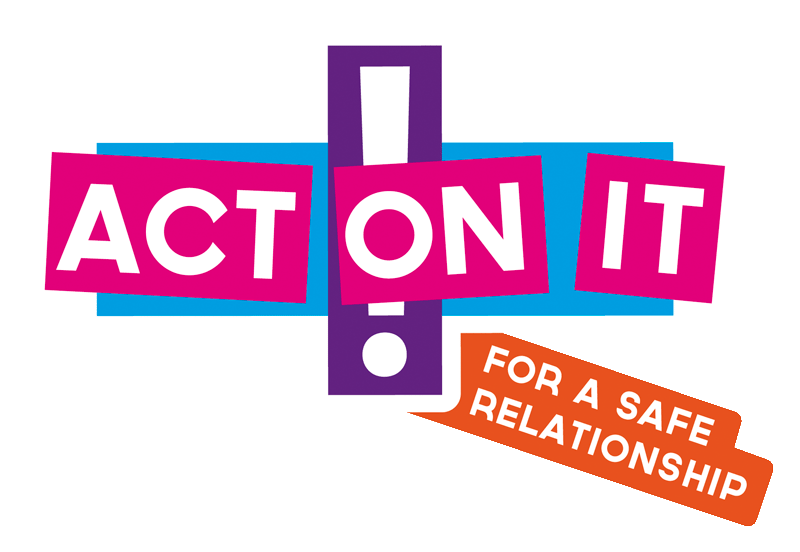Someone called me a perpetrator
When it comes to unhealthy or toxic relationships, being called a perpetrator is a big deal.
It means you’re allegedly causing harm to someone close to you. Could be your partner, a parent or another family member.
But the word ‘perpetrator’ has a few issues. For starters, it makes it easy to forget that behind the behaviour is a real person. At Act on it Now, we prefer to talk about ‘people who harm’ – because it helps us remember that the behaviour is caused by someone who has choices. A person who can choose to change if they want to.
Stop & reflect
Whether you’re described as a ‘perpetrator’ or a ‘person who harms,’ the accusation is serious, so we get that you might be upset. But look at your relationship and be honest. Do it now. Stop for a moment, take a deep breath and ask: “Am I causing harm to my loved one?”
Look at your relationship and ask: “Am I causing harm to my loved one?”
Harm isn’t just about physical injuries. Name calling. Taking someone’s possessions. Making someone do something they don’t want to do. These are all harmful actions. Does any of this sound familiar? You’ll find other examples of harmful behaviour on our relationships pages.
Be honest with yourself
If you can honestly say you haven’t done this kind of stuff, then maybe someone was just trying to be hurtful. But if you do things like throw stuff during arguments, pester your partner for nude pics or sulk when you don’t get your own way, you’re causing harm – even if you don’t realise it.
If your partner wants to leave & you’re not allowing that, you’re harming them.
And if your girlfriend/boyfriend wants to end the relationship and you’re not allowing that, then you’re harming them emotionally. Letting the relationship end – without harassing them over and over again to give their reasons or get back together – is the best thing you can do.
What next?
If you think you’re causing harm to someone you’re close to, there’s help out there. Pick up the phone or drop us a message. We’re not here to judge.
We can help you start to make positive changes and work towards a brighter, happier, healthier future. You can do this.




